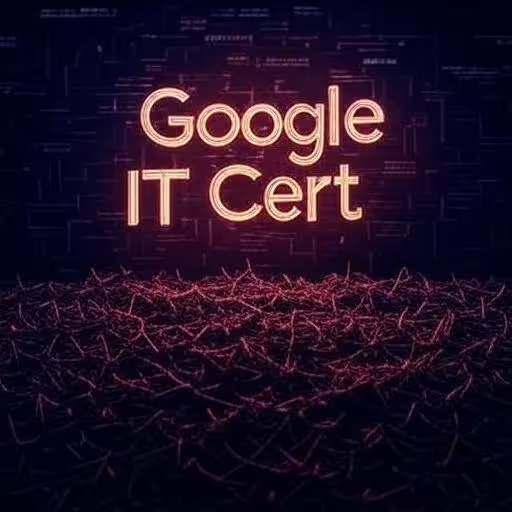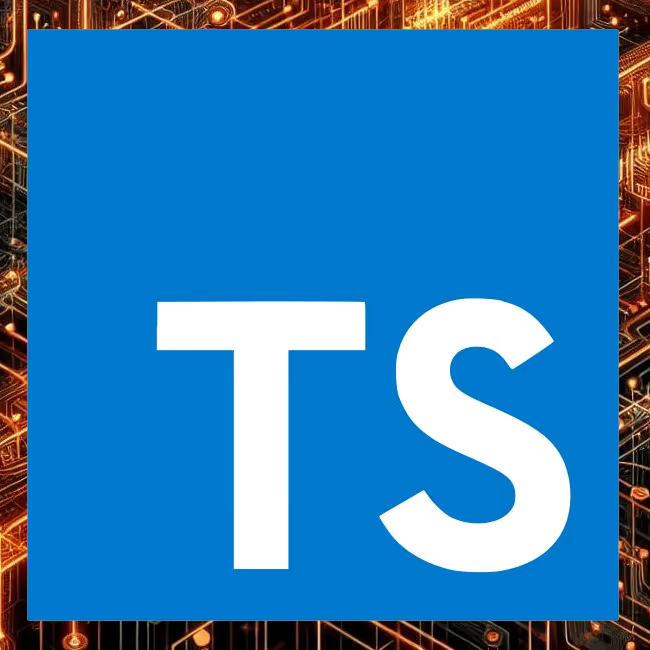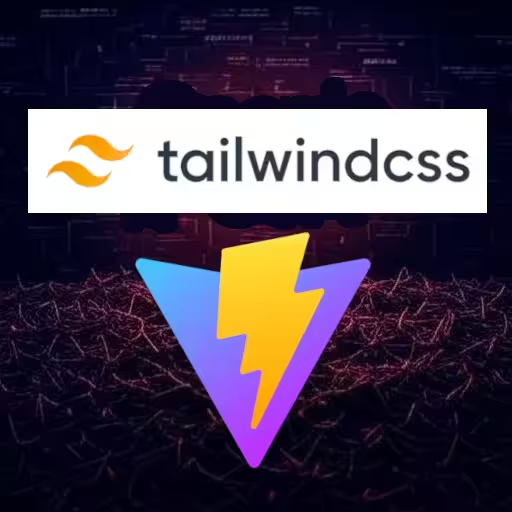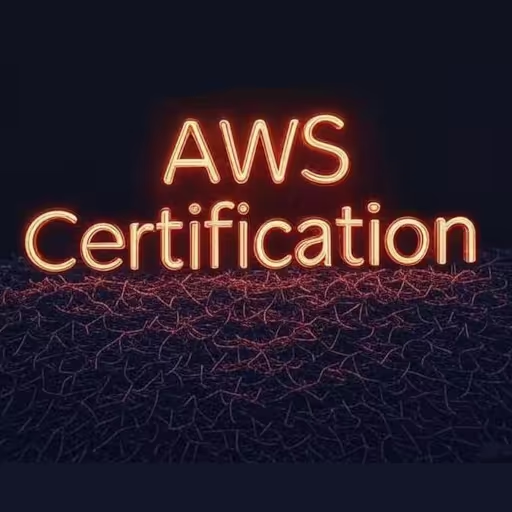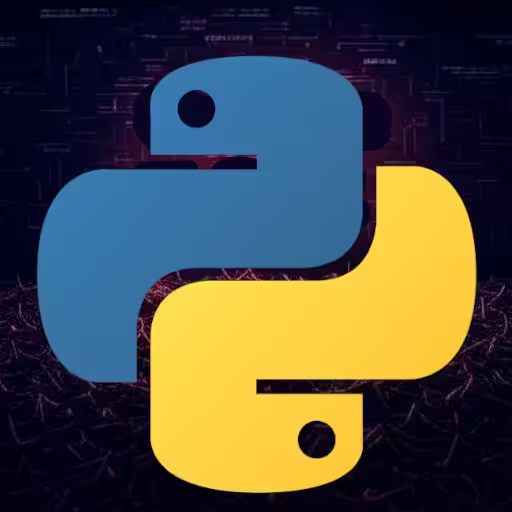Is the Google IT Support Professional Certificate Worth It in 2025?
The demand for entry-level tech talent keeps climbing, and more people are skipping the traditional four-year degree in favor of faster, cheaper alternatives. One of the most talked-about certifications in this space is the Google IT Support Professional Certificate, hosted on Coursera. Backed by Google and built to be job-focused, this course has helped thousands of people break into tech—but is it actually worth your time and money in 2025?
In this article, we break it all down based on Shane Hummus' in-depth review of the course. You can watch the original video here and explore the course on Coursera.
Google IT Support Professional Cert
The Google IT Support Professional Certificate is designed to prepare students for entry-level roles in IT support—no prior experience required. As part of the "Grow with Google" initiative, the course is structured to be both beginner-friendly and job-oriented.
It consists of five modules:
1. Technical Support Fundamentals — Introduction to basic IT concepts.
2. The Bits and Bytes of Computer Networking — Covers routers, protocols, and DNS.
3. Operating Systems — Focus on Windows, Linux, and system navigation.
4. System Administration and IT Infrastructure Services — Intro to servers, remote access, and more.
5. IT Security: Defense Against the Digital Dark Arts — Security principles, authentication, and attacks.
These are taught through video lessons, hands-on labs using virtual machines, and over 120 hours of practice and assessments.
Technical Support Fundamentals
This opening module lays the groundwork for everything that follows. You'll get an overview of how computers work, what IT support roles look like, and the types of problems techs solve every day. Expect to cover topics like hardware vs. software, how the internet functions at a high level, troubleshooting basics, customer service fundamentals, and best practices for documentation. The focus is on demystifying IT for true beginners, making sure you're comfortable with core terminology and support workflows.
The Bits and Bytes of Computer Networking
This section dives into the foundations of networking, which is at the heart of any IT environment. You'll learn how devices communicate over networks, including the functions of routers, switches, and firewalls. Key protocols like TCP/IP, DNS, and DHCP are explained in plain English. Expect hands-on examples—setting up a simple network, tracing a packet's journey, and understanding what really happens when you type a URL in your browser. This module gives you the vocabulary and practical skills to troubleshoot network issues, which is a core IT support responsibility.
Operating Systems
Here, you'll explore the most common operating systems found in the workplace—primarily Windows and Linux. The course covers installing, configuring, and navigating these systems, as well as basic command-line usage. You'll practice essential admin tasks: managing files and permissions, installing applications, and diagnosing common OS problems. The module aims to make you comfortable supporting end users across different environments, including basic Mac concepts, though the emphasis is Windows/Linux.
System Administration and IT Infrastructure Services
This module takes you deeper into the role of an IT admin. You'll learn about setting up and managing servers, user accounts, and access controls. Topics include remote administration, virtualization, cloud computing basics, and using tools like Active Directory. There's a strong focus on the services that keep organizations running—such as email, file sharing, and backup solutions. The training simulates real-world IT support tasks, helping you understand how small and large IT environments are structured and maintained.
IT Security: Defense Against the Digital Dark Arts
The final module zeroes in on cybersecurity fundamentals. You'll learn about common threats—malware, phishing, social engineering—and how to defend against them. The course explains encryption, authentication methods, and basic network security practices. There's an emphasis on spotting vulnerabilities, responding to incidents, and understanding the importance of layered defense. This module provides a practical foundation in security, giving you the language and skills to help keep users and organizations safe.
Google IT Support Cert
One of the course's biggest selling points is flexibility. It's fully self-paced, making it accessible for full-time workers or those learning part-time. Most learners complete the certification in under three months, despite Google estimating a six-month timeline.
The labs are a standout feature. These simulate real-world problems—like fixing user access issues or diagnosing network failures—giving learners a safe but practical environment to apply skills. That alone sets this apart from most textbook-heavy IT programs.
It's also designed to help with resume-building and job applications, including guided exercises that help learners position their new skills on platforms like LinkedIn.
Google IT Salary
While this certification won't immediately net you a six-figure paycheck, it can be the first step on a very profitable path. Entry-level IT support roles in the U.S. typically start around $50K—$65K/year, with upward mobility into system admin, cybersecurity, or cloud engineering roles pushing salaries well into six figures.
According to Google, 75% of graduates report a positive career outcome within 6 months—whether that's landing a job, a promotion, or a raise.
If you're strategic, this cert can put you on the road toward roles with significantly higher compensation:
| Role | Typical Salary (US) |
|---|---|
| IT Support Specialist | $50K-$65K |
| System Administrator | $70K-$90K |
| Network Administrator | $75K-$100K |
| Cybersecurity Analyst | $85K-$120K |
| Cloud Engineer | $100K-$150K |
Google IT Support
The real advantage of the Google IT Support cert lies in recognition and relevance. Major employers like Walmart, Hulu, Sprint, Bank of America, and of course Google, have acknowledged and even hired from this pipeline.
This isn't about prestige—it's about aligning with what companies actually need. Google designed the course as a response to the lack of qualified IT candidates in the market. By skipping traditional academia, they created a direct channel for job-ready talent.
And unlike many online certifications that collect dust, this one has real-world credibility on LinkedIn. Shane Hummus reports that some learners were contacted by recruiters simply because they listed this certification.
Conclusion
So, should you take the Google IT Support Professional Certificate in 2025?
Yes—if you're serious about breaking into IT and want an affordable, practical, and respected entry point.
- It's flexible, letting you learn at your own pace.
- It's affordable, costing around $49/month with financial aid available.
- It's recognized, not just by Google but by other major employers.
- It's practical, featuring hands-on labs and simulated real-world environments.
However, don't expect a job to fall in your lap. You'll still need to:
- Build a portfolio of practice projects.
- Do some supplemental study (networking, scripting, Linux basics).
- Apply proactively and market yourself well.
But for the price and value? It's hard to beat.
Check Out Shane's Video!
This article is based on insights from Shane Hummus, a career YouTuber who transitioned from pharmacy to six-figure income through online education. He offers honest, experience-driven takes on courses and certifications. Go check out his channel if you're exploring alternate education paths or trying to build a remote-friendly career.
If you're ready to explore the course, or to see what else they have to offer, head over to Coursera today to get started on your new career path!
